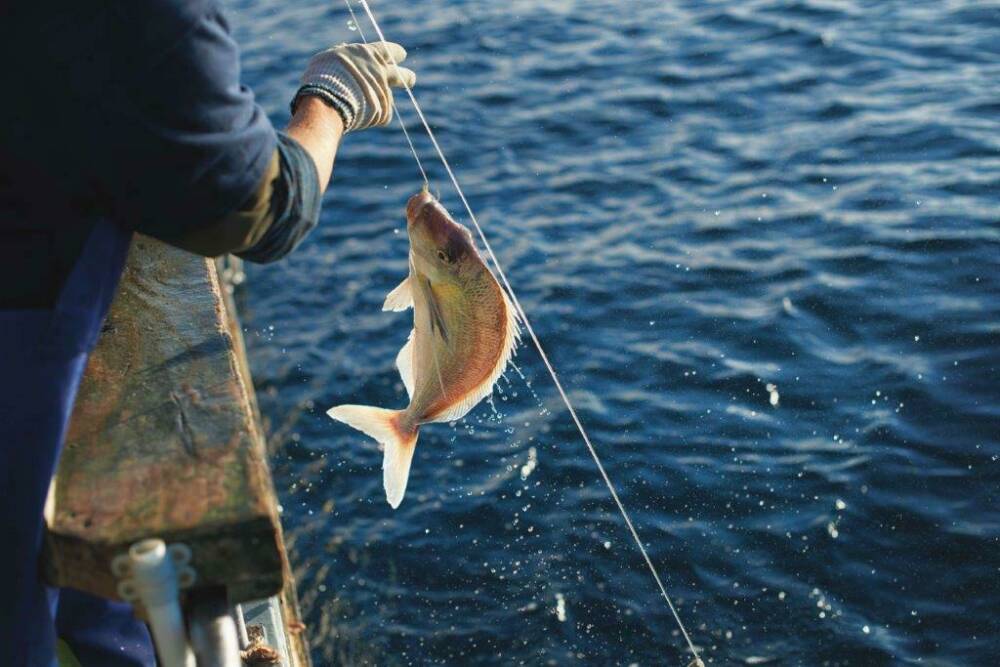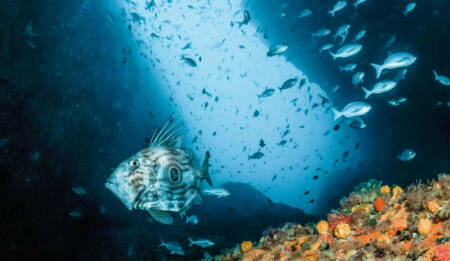Kia tika te hī ika: Exploring fisheries tikanga and mātauranga
This research is investigating the role of tikanga in commercial fishing practice. It will develop transformative fisheries practice based on tikanga Māori to improve the social, cultural, and ecological goals of the Iwi Collective Partnership (ICP) as an example of fisheries leadership in Aotearoa New Zealand.

Background
Fishing in Aotearoa New Zealand was first practiced according to tikanga / customs within whānau / family, hapū / subtribe, and iwi / tribe. It was founded in te Ao Māori.
Colonisation brought laws and customs that were imposed on tikanga practices. In 1992, the Fisheries Deed of Settlement recognised iwi Māori as quota owners. However, they had to modify their practices and behaviours to fit in with legislation, which separated customary and commercial fishing. This is an artificial split for Māori; in the past whānau and hāpū managed resources to fit the need.
Iwi Collective Partnership (ICP) comprises 19 iwi and specialises in commercial fishing rights and kaitiakitanga / responsible fishing. They Aotearoa New Zealand’s largest iwi collective.
This project is part of the New Zealand government’s Sustainable Seas National Science Challenge / Ko ngā moana whakauka.
Project details
This research asks: What can tikanga do to inform commercial fishing practice? The research is focusing on three areas.
It seeks to identify and reflect Māori knowledge systems, values frameworks, and tikanga based practices in fisheries management.
It will develop case studies of tikanga in specific locations or with respect to certain species of fish that are of special significance to ICP’s iwi membership.
This knowledge will inform a unique fisheries management system developed in collaboration with ICP’s commercial fishing partners.
Research outputs will include a literature review, interviews and videos of the case studies, a final report of the tikanga, and a future research plan for developing a tikanga-informed assessment and evaluation framework.
What they hope to achieve
The project team hopes this tikanga framework could be applicable nationally within the iwi Māori fisheries sector.

Resource


